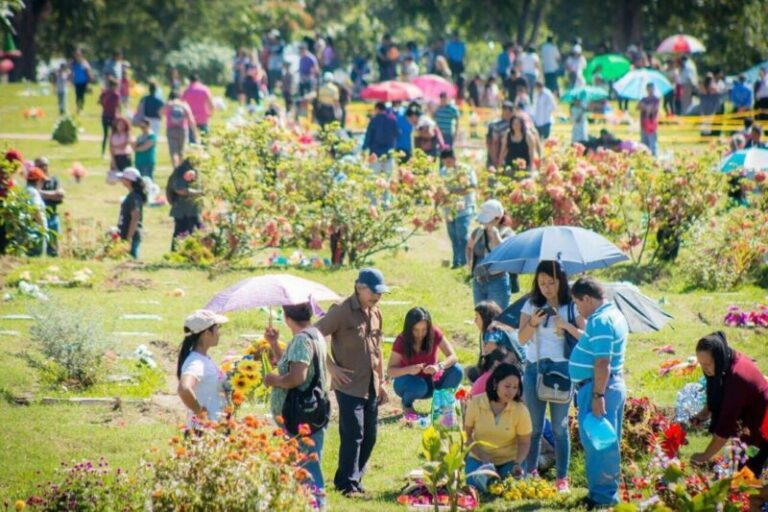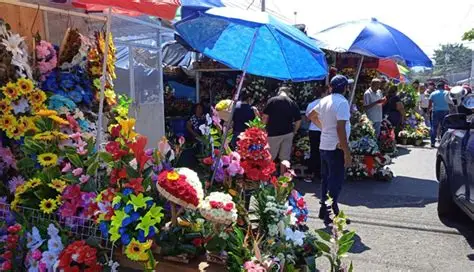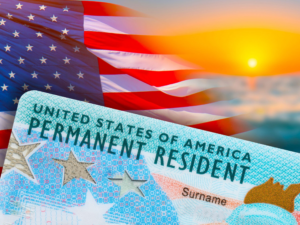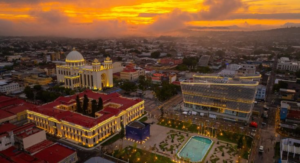
The Day of the Dead, celebrated every november 2nd in El Salvador, represents a date of great cultural significance and also an important opportunity for local commerce. During this celebration, cemeteries are filled with color thanks to the buying and selling of natural and artificial flowers, floral arrangements, wreaths, and other decorations that families use to adorn the graves of their loved ones.
Commerce related to the Day of the Dead also includes the sale of items for cleaning and refurbishing graves, as well as decorative materials, which drives significant commercial activity in markets and around cemeteries. In addition, many people purchase traditional foods such as pupusas, tamales, and sweets, which are part of the family gatherings on this day.

Official records indicate that this season generates economic activity that benefits small businesses and artisans throughout the country, contributing to the dynamism of the commercial sector in the final stretch of the year. Demand for specific products for this celebration increases considerably, so businesses must be prepared to serve consumers adequately, in accordance with current regulations to protect their rights.
Authorities such as the Consumer Protection Agency oversee fair business practices, ensuring that the products offered are of high quality and that prices remain reasonable to prevent price gouging during this season. Thus, the Day of the Dead in El Salvador is not only a time of tradition and remembrance, but also an economic engine that sustains numerous families and vendors across the country.

In conclusion, this festival represents an important commercial cycle that boosts the sale of flowers, cleaning supplies, decorations, and traditional food, supporting the local economy and preserving a deep-rooted cultural tradition in El Salvador. Official institutions continue to promote respect and care for both the cultural aspects and the commerce associated with this date.
Read also:







